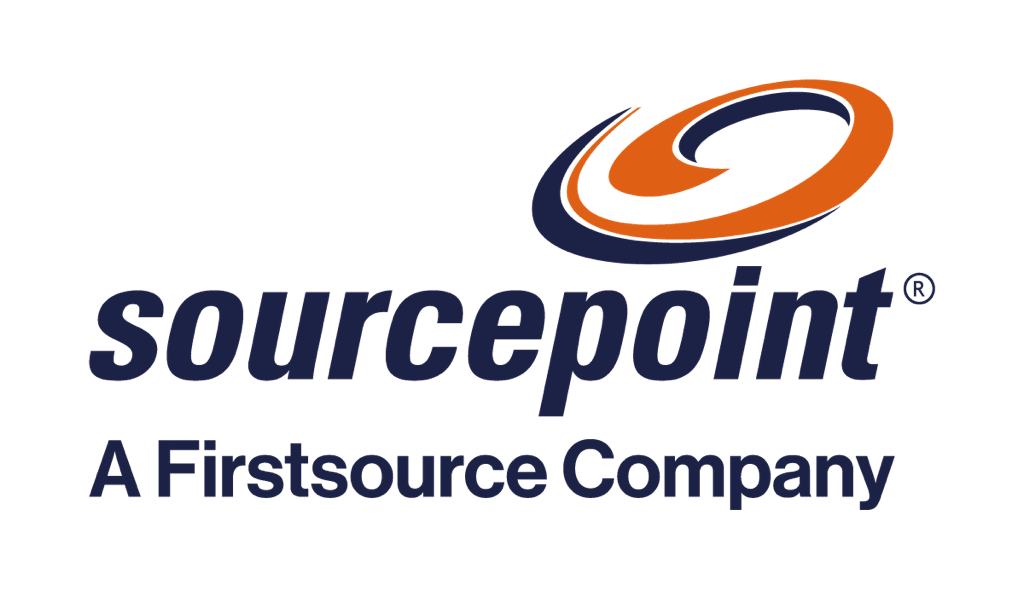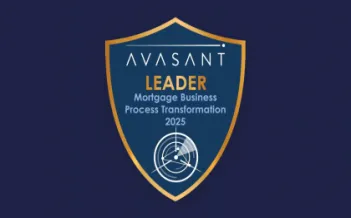Educating employees with new skills improves the borrower experience
Success in the mortgage industry is typically the result of creating and delivering a great experience for your customers, whoever they may be. There are, of course, many obstacles that often get in the way. One of the largest is being able to teach your employees new skills in an industry that is constantly evolving.
Right now, the industry is changing faster than ever. As a historic refi boom comes to an end, originators are shifting their attention to homebuyers while expanding access to non-conventional loan products. In the meantime, millions of borrowers are coming off forbearance plans and need loan workouts. And the entire industry is under the increasing glare of regulators to make sure consumers are treated fairly.
All of this is pressuring organizations to find people to fill new roles, train existing staff for new jobs, and find ways to keep the talent they already have. It’s a tall order for any company—but the challenge is not unsurmountable if you have the right mindset and tools in place.
The Importance of Culture
Let’s face it, this is a highly transient industry. People come and go all the time, and the demand for talent fluctuates with each new market cycle. It’s the nature of the industry to hire up in good times and let staff go during bad times.
Needless to say, this trend can negatively impact company culture, which is the most valuable aspect of an organization. According to PWC's 2021 Global Culture Survey of 3,200 leaders and employees, 67% of survey respondents said culture is more important than strategy or operations. Meanwhile, 69% of senior leaders tied their success during the pandemic to their company’s culture.
If you look at the most successful and long-lasting companies in our industry, you’ll find organizations that have worked hard to create a place where people feel respected and enjoy coming to work each day. A big part of that is providing people the opportunities to learn new skills and rise up the ranks. In other words, they create a culture of constant learning.
Make no mistake, we’ve entered the age of the knowledge economy, where growth is not measured by production but depends on the quality and accessibility of information. In order to stay competitive, lenders, servicers and other mortgage industry participants are increasingly relying on their ability to hire and retain employees who are well-educated on digital advancements, new regulations and market trends, so they can better respond to customer needs.
For building a culture of learning, an organization needs to have a cohesive strategy for learning for the employees as new joiners and tenured employees have varied expectations in terms what they need to learn (current job) and why they want to learn (personal career objectives). Such strategic initiatives also necessitate the involvement of the stakeholders from the various functions in the organization.
Successful companies view their employees not as bodies to fill an office, but as unique individuals who want a successful mortgage career. They know that if their people aren’t constantly learning, they’ll never reach their full potential in this industry—and neither will the company. That’s why the best companies typically develop what I call an ecosystem of learning. And in this ecosystem, technology plays a driving role.
How Technology Helps
Like many large organizations in our industry, my company devotes significant resources to training our people. For example, we created Sourcepoint University, an in-house framework for learning and a professional development center to help employees expand their services within the company. Still, it’s the engine that drives our training that has really made the difference.
Last year, we developed First Learning Intelligence, a virtual, on-the-job assessment platform that uses bot and AI technologies to create personalized learning pathways for employees. After employees finish formal training, First Learning Intelligence brings them to a master level of competency much more quickly than learning and making mistakes while on the job, which requires retraining and coaching employees. First Learning Intelligence provides individualized training in real-time, using methods designed to enhance an employee’s domain expertise and professional development.
We call it learner-centric technology because it creates a personalized, engaging, and measurable learning experience that is driven by triggers and rewards. Essentially, it creates a culture of collaborative intelligence between human and machine. The digital learning formats engage the new-age learners who are used to digital experiences and find this medium engaging. The personalized any-time learning helps them reach mastery faster and they feel more confident in terms readiness for the complex learning on the job.
With First Learning Intelligence, there are dozens of learning modules and literally hundreds of different learning pathways. Once you choose a module, a robot guides you through the learning process until you master that subject or area. Our most popular module right now is our underwriting module, which takes highly performing processors and provides them with mastery learning for the skills needed to make loan file decisions.
Because our learning modules are completely digital, we don’t have to invest as much money or time in hiring trainers—plus people learn in a much shorter time frame. Our modules also help with retention. First Learning Intelligence assures that everyone has an opportunity to improve their skills to move up the organization—even into leadership positions if they have the aspiration and the will to learn.
Making Learning Constant
AI isn’t just useful for training employees so they can take on new roles. It can also be used to provide constant, on-the-job learning as well.
For example, right now, mortgage servicers are under a lot of pressure to help borrowers who have been financially impacted in some way by the pandemic and are struggling to make payments. There are many ways these interactions with borrowers can turn sideways, which can prevent the borrower from getting the help they need—and cause a great deal of stress and frustration.
AI driven technology, however, can now be used to evaluate these interactions in real time. Based on previous conversations with the same borrower, we can now analyze the borrower’s speech patterns and emotions to guide associates on how to create productive conversations—while they have the borrower on the phone. The concept is similar to mobile navigation apps that provide drivers with directions based on real-time traffic data.
Creating Opportunities for Growth
While some may believe the use of technology diminishes the importance of human expertise, the reality is it actually enhances it. Properly applied, technology also has the potential to remove bias in learning and promotion opportunities, enabling all employees—especially women—to reach their highest potential.
I’m a perfect example of this. I began my career in the mortgage industry working in customer service. Thanks to on-the-job training opportunities, I’ve been able to move into new positions overseeing default, contact center, bankruptcy, and mediation, closing, just to name a few areas. Through the process, I’ve developed new leadership skills, I’ve become a better teammate, and I’ve grown personally, all because I had the opportunities to learn skills and the benefit of many amazing mentors and talented colleagues throughout my career.
Recently, I was recognized as one among the Powerful Women of Mortgage Banking, an honor that I doubt would have been possible if my company had not developed a culture built on constant learning and created opportunities for anyone to learn new skills. For this reason, my advice to any woman seeking a successful mortgage career is to look for companies that not only talk about diversity, but also invest in the resources to ensure that anyone who aspires to grow can thrive.
At the end of the day, smart organizations not only create great experiences for their customers, but they do the same for their people—and building a culture of constant learning is among the very best ways to do so. After all, in an industry as dynamic and everchanging as ours, there’s always something new to learn.
This article was written by Dawn Elmore, Head – Strategic Initiatives, Sourcepoint and was originally published on National Mortgage Professional.




